 The high humidity, high heat summers of Kansas are upon us, and that means it's probably been hard for many to get their sleep. The struggle is real, and it relates to ambient room temperature and our own core body temperature.
The high humidity, high heat summers of Kansas are upon us, and that means it's probably been hard for many to get their sleep. The struggle is real, and it relates to ambient room temperature and our own core body temperature.
The relationship between sleep and temperature
Part of the sleeping process is driven by intentional changes in core body temperature that are managed through our circadian rhythms. Our brain provides us with an internal thermostat as part of this system, and it generally manages thermoregulation for us at all times.
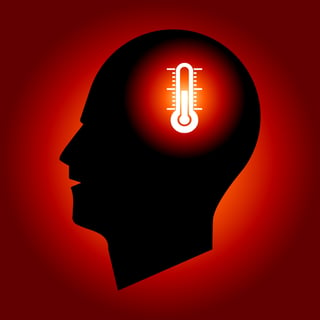 During any 24-hour period, we can experience changes in body temperature up to two degrees in difference.
During any 24-hour period, we can experience changes in body temperature up to two degrees in difference.
Usually we are at our warmest during the day, but our bodies cool off starting at the period of late afternoon, and continue to do so until we are in the last 2 hours of sleep, when body temperature meets its lowest point.
If you take nothing else away from this article, remember this: A warm body leads to wakefulness, whereas a cool body inspires sleepiness.
Keep in mind, however, that core body temperature is influenced by more than your built-in circadian system. Ambient temperature in the external environment also determines how warm and cold we are.
This is when hot summer weather can start to take a toll on sleep quality. Sleep-onset insomnia is a form of sleeplessness that's caused by a number of factors, one of them being overwarm at bedtime.
There's a strong association between insomnia and elevated core body temperature. If you want to achieve good sleep, you need to be able to fall asleep at a normal rate. This means making sure your sleeping quarters are cool enough to facilitate sleep.
Hot Kansas nights: How to stay cool at bedtime
Try these tips for making your bedroom conducive to good sleep:
- Use air conditioning if you have it. If it's not built into your house, buy and install a window unit. Keeping the air circulated by using fans is also beneficial.
- Prevent your bedroom from warming up by using light blocking shades.
- Take cool showers or baths
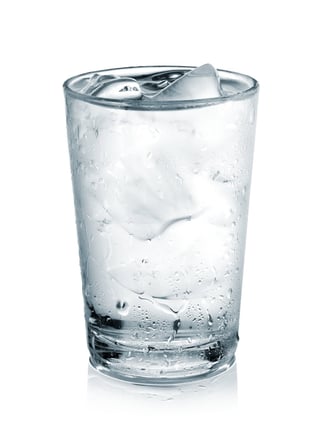 before bed. If you have sunburned skin, make sure and apply healing aloe vera on the skin right after the bath to help cool down your body from the skin to the core and to prevent skin dryness and irritation.
before bed. If you have sunburned skin, make sure and apply healing aloe vera on the skin right after the bath to help cool down your body from the skin to the core and to prevent skin dryness and irritation. - Drinking cold water can be useful; some people in the Midwest swear by it. This can quickly drop your core body temperature, but don't drink too much too close to bedtime, as too extreme a drop in body temperature can also lead to sleeplessness.
- Nightstand cooling options include cool-water misters to spray on your skin (even just a spray bottle with water can do the trick) and a damp washcloth tucked away in the freezer, removed at bedtime to use as a cold compress.
- If your bedroom is hot all summer long, regardless of your efforts, try sleeping in a separate location that's closer to the ground, as heat rises. A floor-level screened-in porch with an overhead ceiling fan might just be the ticket. A cozy pull-out couch in the basement may be another option.
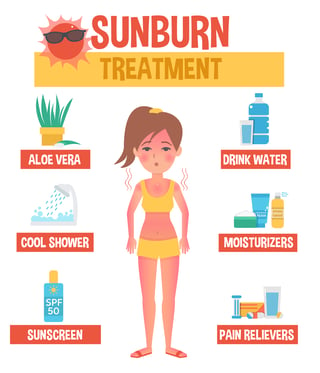
- Finally, try to avoid sunburns so you don't have the added increase in skin temperature that's one result of sun-damaged skin. The discomfort and radiating heat will keep you awake.
Sleep Hygiene 101
Any efforts you make to achieve adequate sleep fall under the practice of good sleep hygiene. It's important to always look for ways to prevent sleep loss when you can; controlling the conditions in your sleeping quarters qualifies as one of the best efforts one can make toward sleep hygiene best practices.
Here in Kansas, the heat is here to stay for the rest of the summer. That doesn't mean we shouldn't try to defend against it at bedtime; quite the opposite. If you want to avoid the lethargic "dog days" of a Midwestern summer, one of your best defenses is to ensure you get quality sleep now so you don't become sleep deprived later.
Sources:National Sleep Foundation
Sleep Medicine
Sleep Medicine Reviews


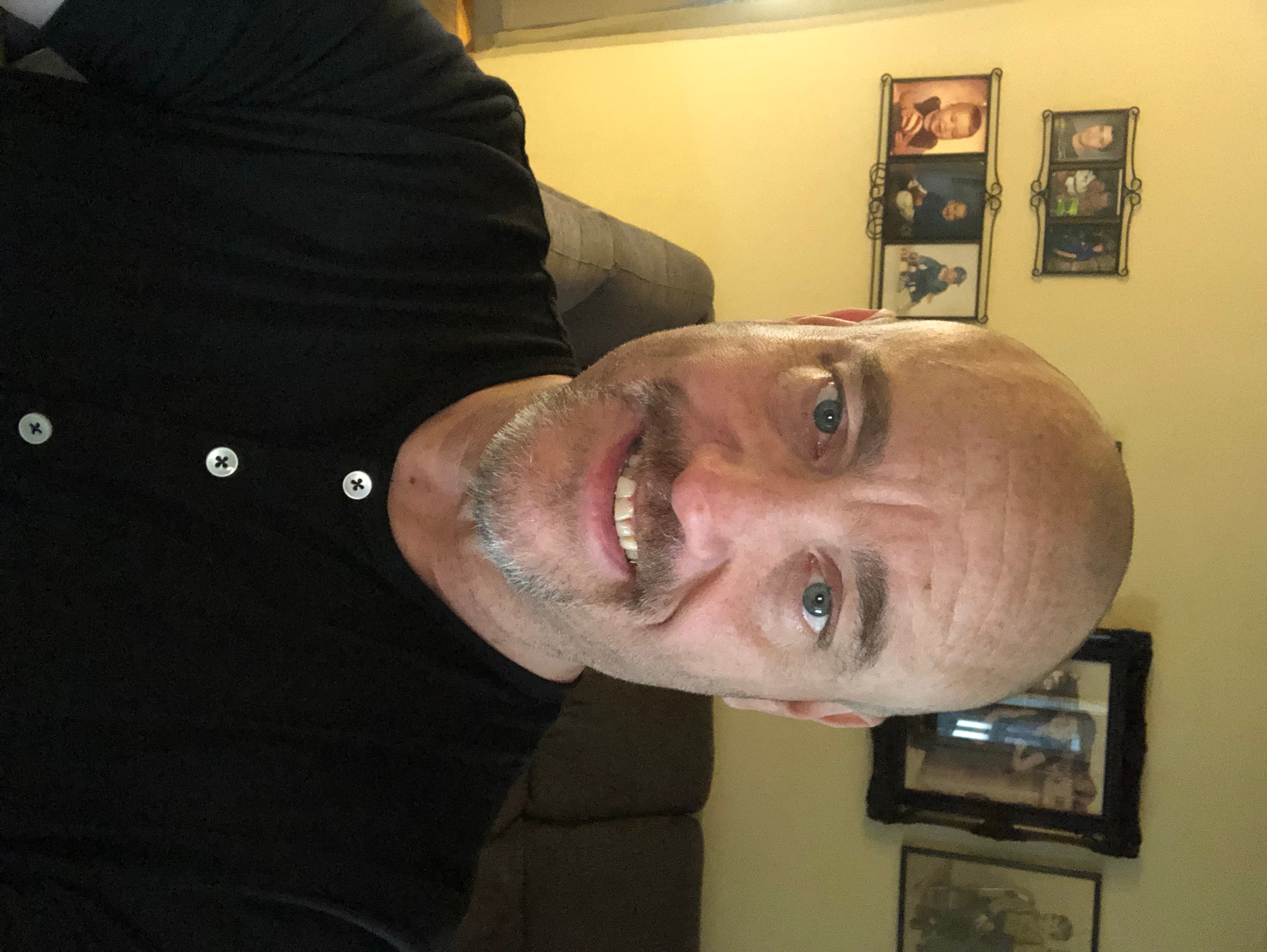



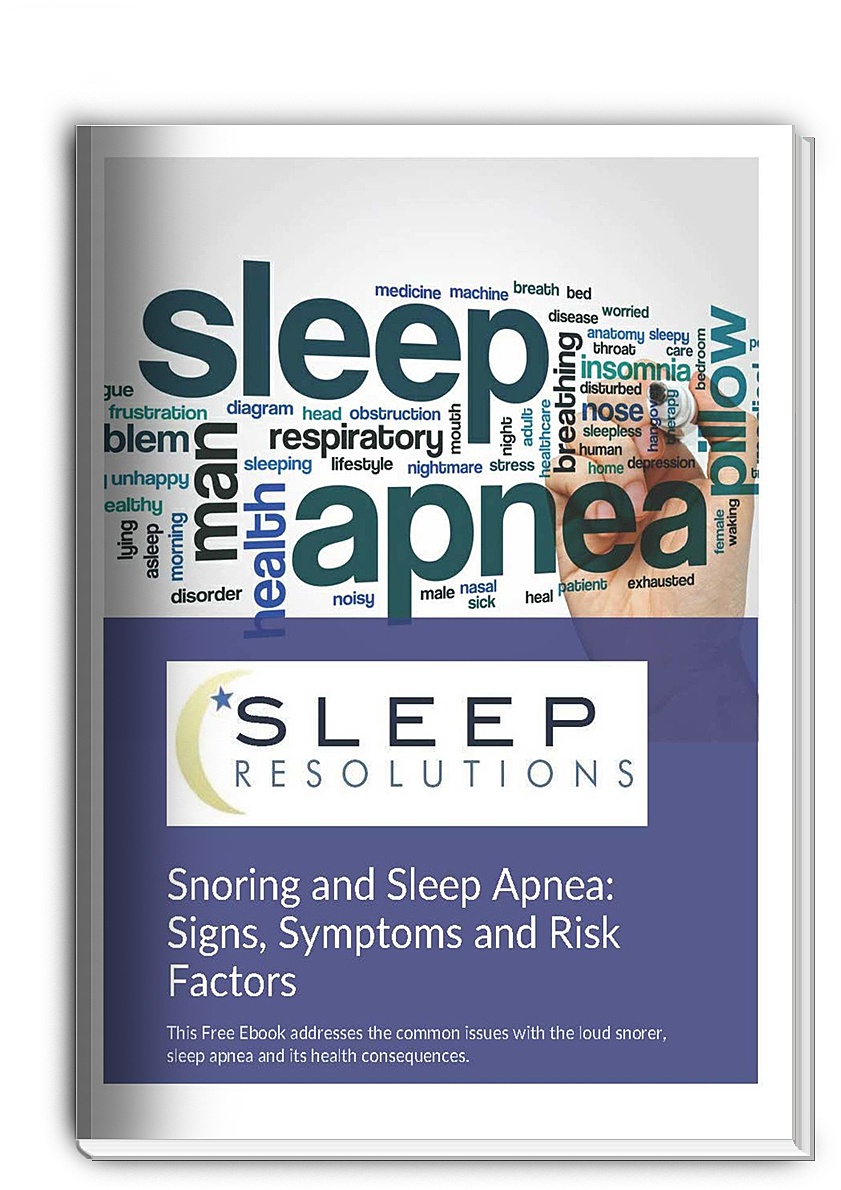

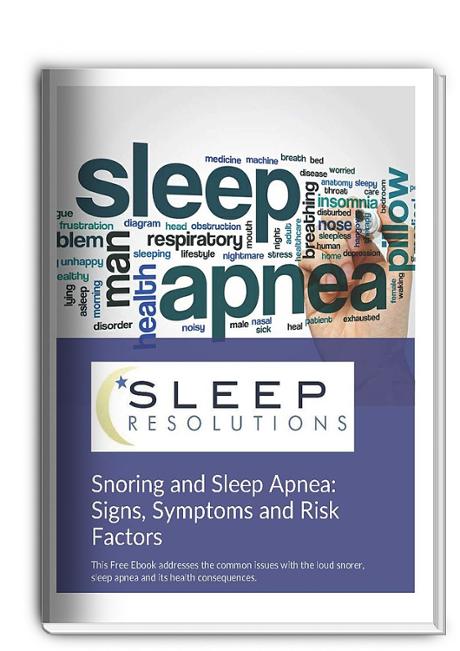

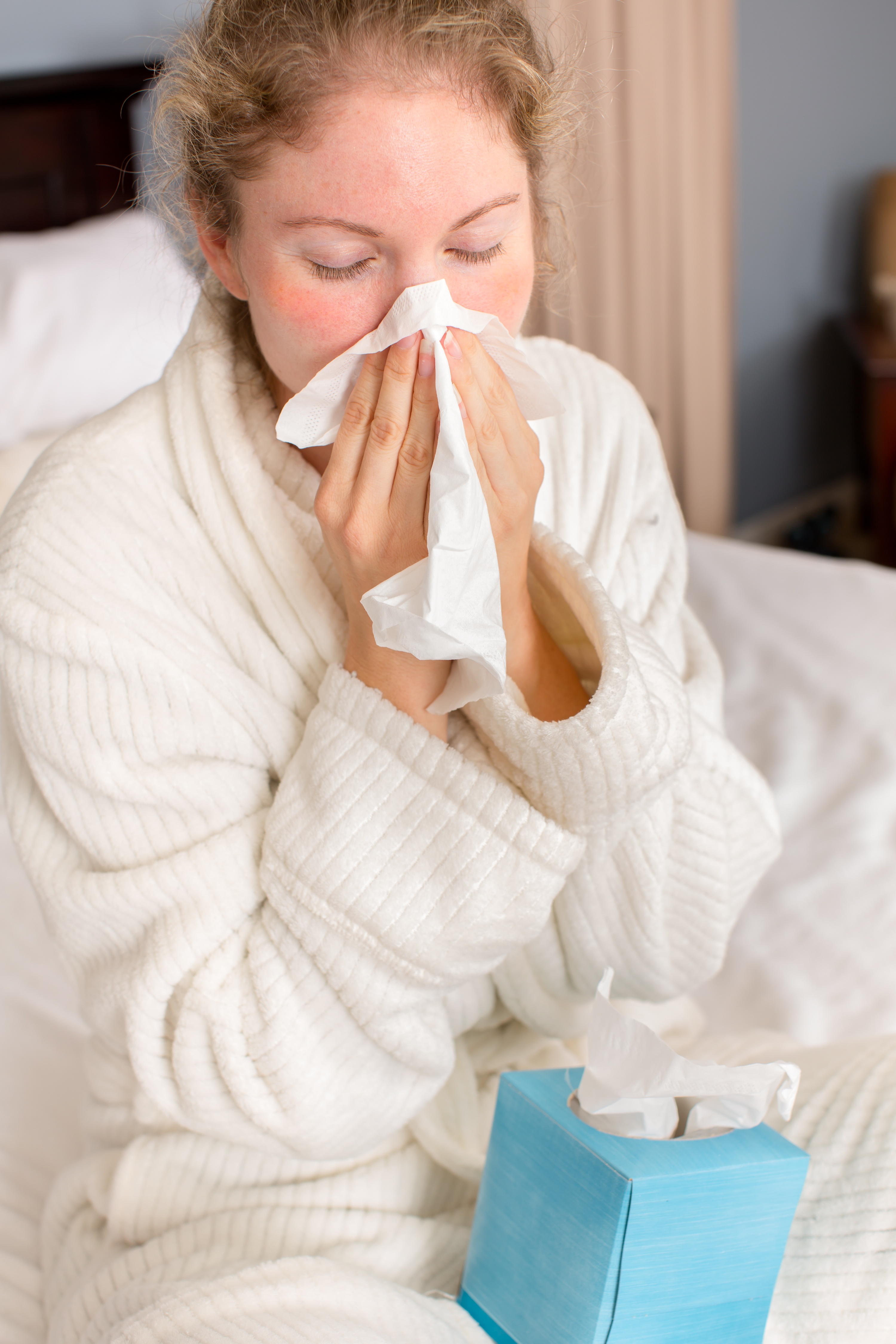

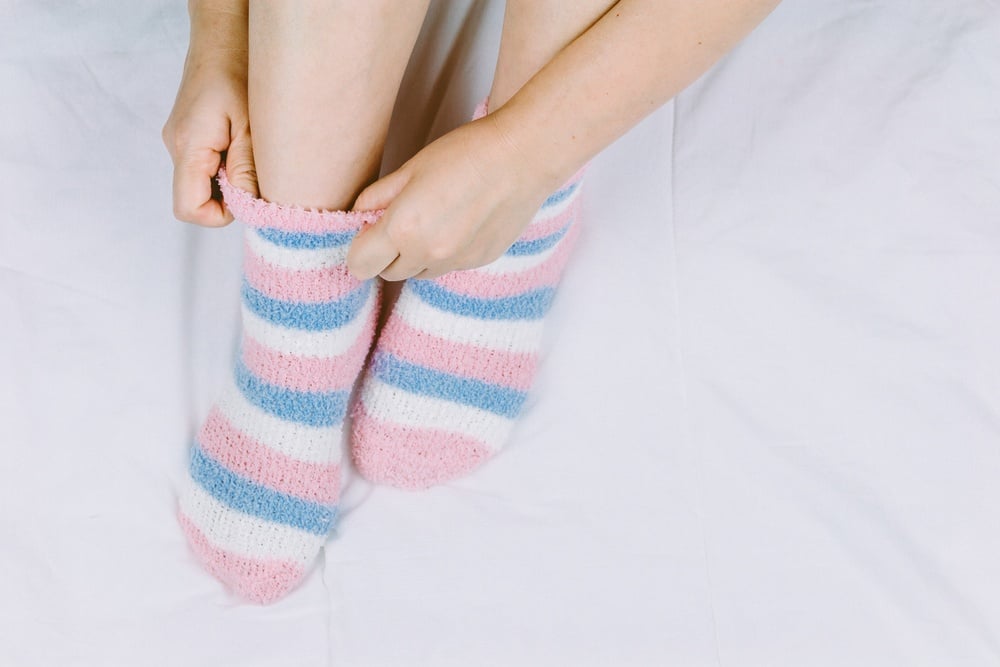
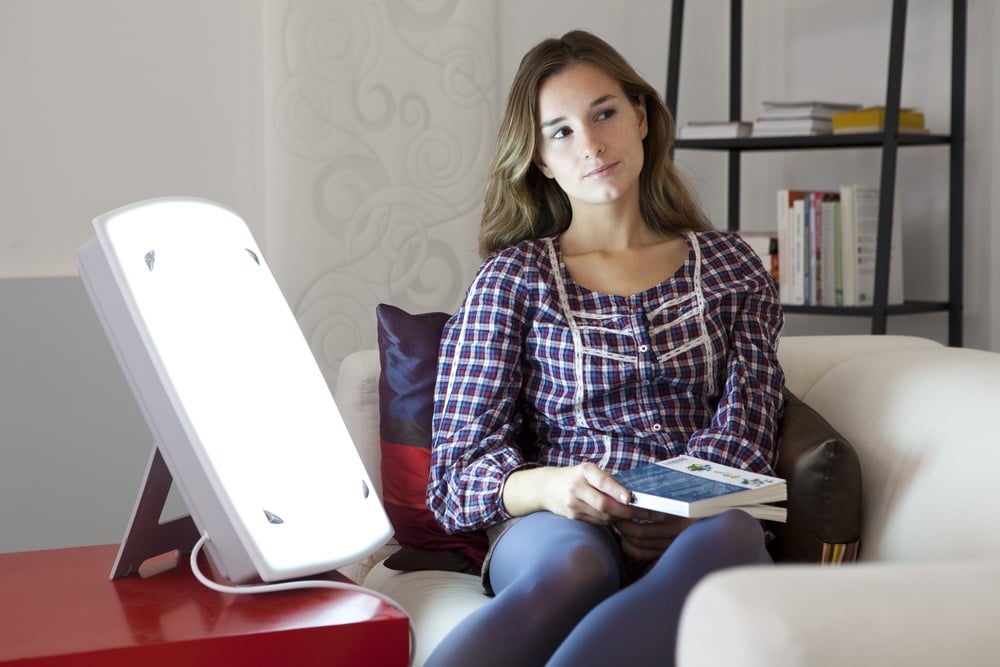
Leave a comment